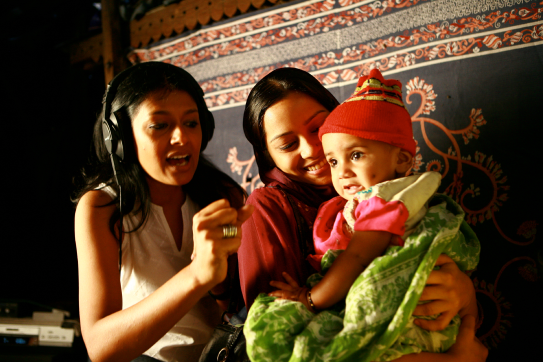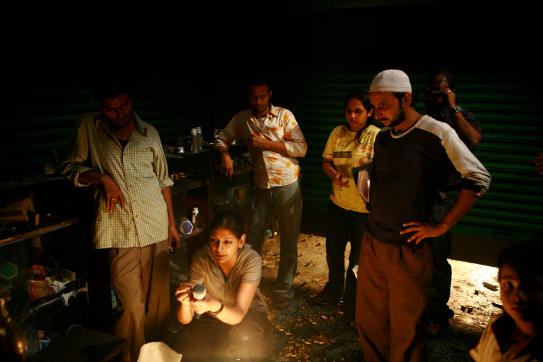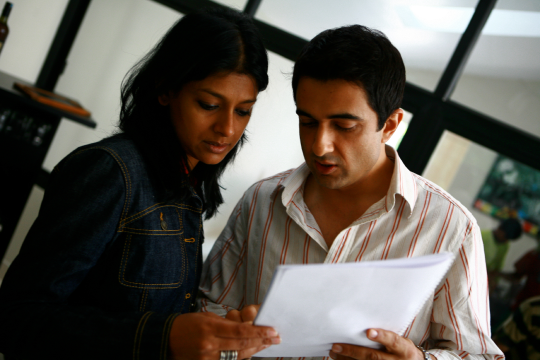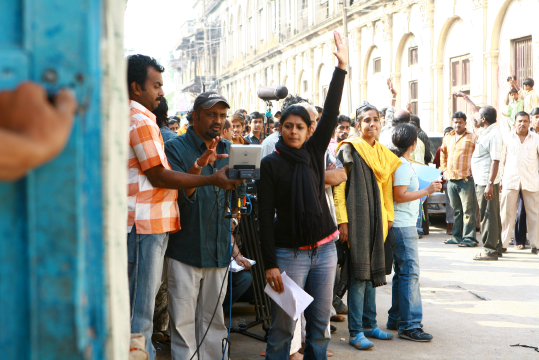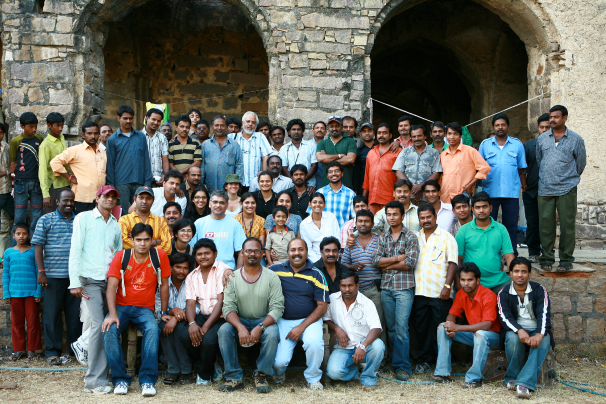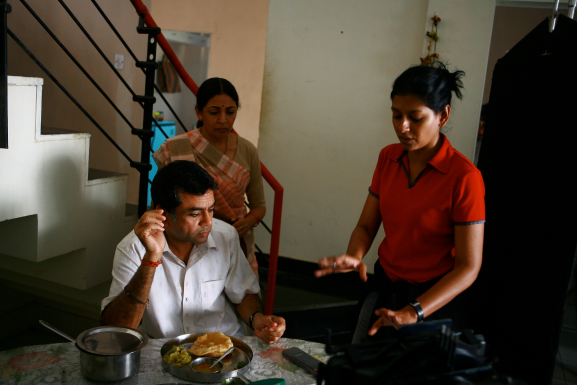Don’t we often hear what we “want” to hear
- August 1, 2005
I am now 14 blogs old. I began very hesitantly, and then somewhere in between found it a bit wasteful, then in no time got totally sucked in! Not just because it’s addictive, but because suddenly I was part of a new way of sharing. You share with people you don’t know, you don’t see and yet you begin to know them gradually. You make friends, supporters and some enemies as well.
Maybe enemy is too strong a word, but some who doubt your intentions or the facts you give, those who call you pseudo secular, pretentious…a whole lot of names without even knowing you! I have to say it disturbed me and I kept feeling a compelling need to respond. I am used to a physical presence where a debate or an argument can take place, where you can see the eyes that never lie, but not an impersonal space like the computer, so going back and forth is not something I am comfortable with.
I remember reading Deepak Chopra’s blog on self importance where he says, his biggest challenge is letting go of his need to be right. In any case how do we prove that your statistics are more accurate than mine or my intention purer than yours? There’s no point in defending one’s point of view as we will never “know” it, we will only draw our own conclusions. And what are these conclusions based on? Are they not based on what our own beliefs are, and therefore the validations we are looking for? Or in simple words, don’t we often hear what we “want” to hear. We all do that. We are forced to do that, as we are increasingly kept away from truths, from facts. Even what we call facts can be seen as “your side of the story” versus “my side of the story”. What this broadcast channel proclaims vs. what that broadcast channel is asked to show, or what this newspaper wants us to know vs. the agenda of that newspaper. So then how do we ever get to the bottom of the truth? Well, I guess we all instinctively find our way to get there depending on our own quest to know the truth and our own ability to face it. We hear different perspectives or versions, if you want to call them, and then draw our own conclusions based on our own understanding and level of awareness.
But I think it’s important to keep the purity of intent. If we can keep that pure, we can stumble along, make mistakes, learn and grow from each other, but it will always keep us on our path. Let’s stay open and come to this debate without blocked ears, closed minds, predetermined fears, and suspicions –and if we have any of these, let’s acknowledge them. I will do my best to be there.

